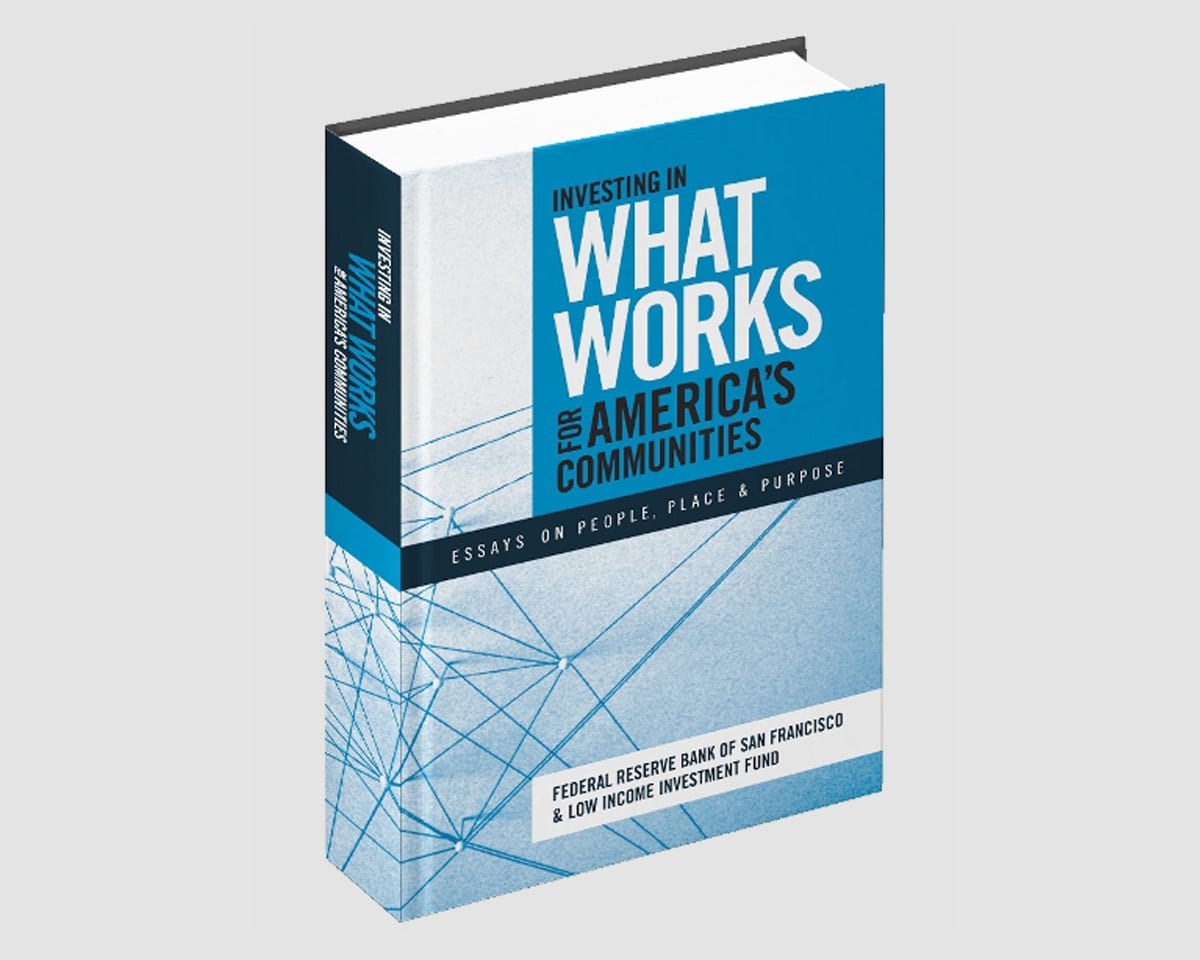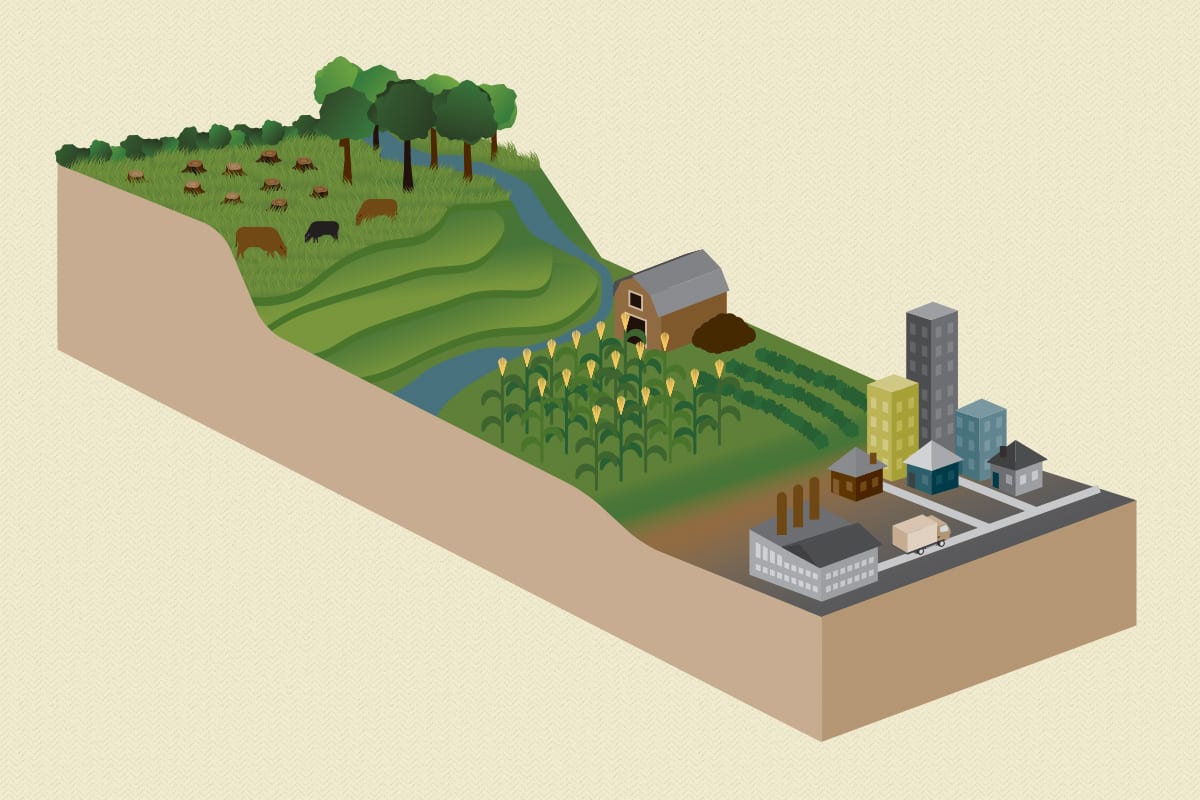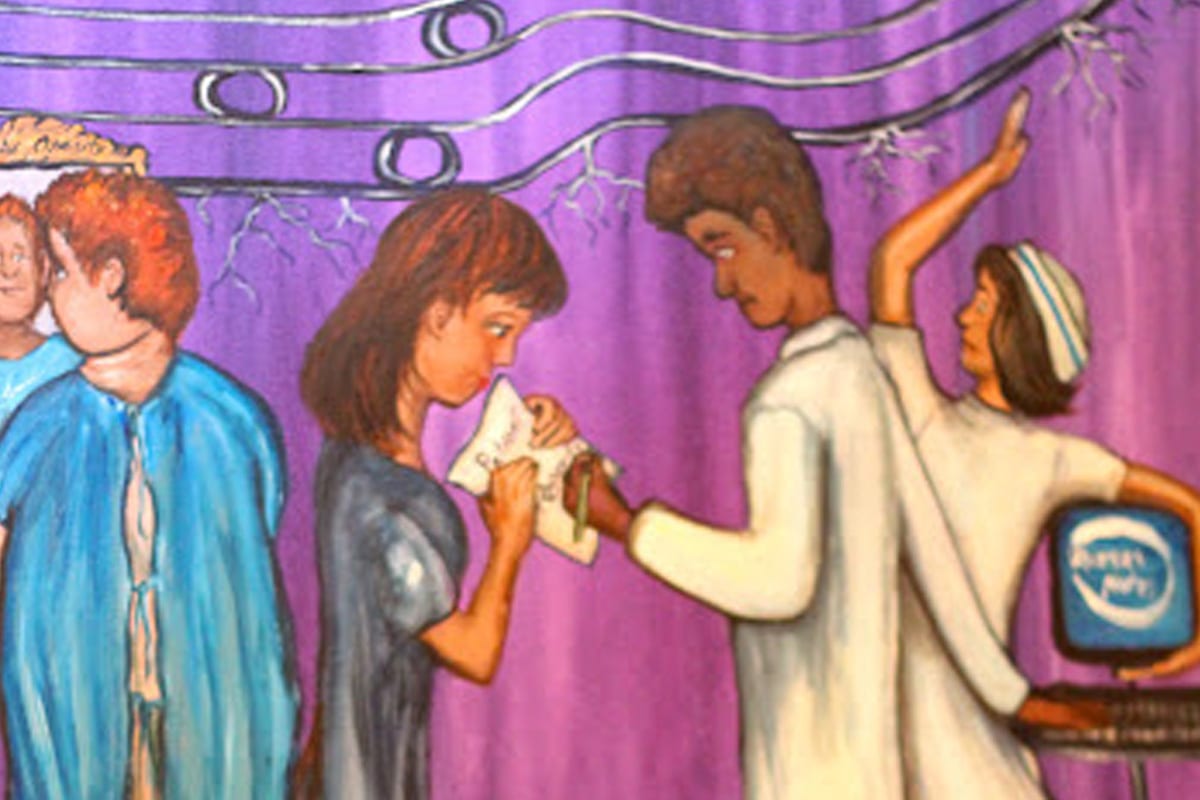Reflecting on the Importance of Impact

I feel more thankful this holiday season than in years past. This realization came to me last week during a media and advocacy training with Baltimore community leaders who are fighting for the rights, health and safety of children, mothers, and families in East Baltimore. I’m thankful, because these advocates are having impact, and they have told us that our work with them has been part of what led them to success.
What Works for America’s Communities?

The latest data from the U.S. Census Bureau reveals that poverty levels in the U.S. are stuck at historically high levels. The nature of poverty is also changing—it is increasingly suburban; it is deeper than it was just a decade ago. These new realities spurred the Low Income Investment Fund (LIIF, a Burness client) and the Federal Reserve Bank of San Francisco to publish the book Investing in What Works for America’s Communities.
Big Facts Cut Through the Climate Change Clutter

The CGIAR Research Program on Climate Change, Agriculture, and Food Security (CCAFS), a Burness client, launched in Doha a set of 30 definitive facts that negotiators can rely on to understand the link between climate change and agriculture—a hot topic at the negotiations this year.
Early Declines in Childhood Obesity Rates May Propel the National Movement

For thirty years, childhood obesity rates have been on the rise. Nearly one in three young people in the U.S. is overweight or obese. But The New York Times reported some encouraging news: childhood obesity rates are dropping in some cities and states.
Living, Working, Learning, Healing… Serving Together

The Mental Health Association of Montgomery County (a Burness client) launched the Serving Together website. The website is the first online home in the county coordinating local resources for service members, veterans and their families to help them stay healthy, find local jobs and transition to civilian life.
Water from the Nile—Is There Enough for Everybody?

When South Sudan became an independent country, it also became the eleventh country to share the world’s longest river, the Nile. So many nations drawing from one source of water inevitably results in political and environmental complications. But a new … Continue reading Water from the Nile—Is There Enough for Everybody?
Join Us in Signing the CEO Pledge to End Travel Restrictions for People Living with HIV

Did you know that 45 countries around the world impose travel restrictions on people who are HIV positive? Andy Burness, president of Burness Communications, has joined a group of CEOs from companies such as GBCHealth, UNAIDS, and Levi Strauss & Co. who oppose restrictions on the freedom of movement for people living with HIV.
Can Bananas Feed the World if Climate Change Worsens?

Hurricane Sandy crashed into the northeast U.S. at the end of October 2012, demonstrating the type of severe weather that climate change is expected to bring with increasing regularity. At the same time, the CGIAR Research Program on Climate Change, Agriculture and Food Security (CCAFS)—a Burness client—released two research papers looking at how feeding the world contributes to global warming, and how agriculture in particular needs to be revamped as climate change continues to worsen.
The Year of OpenNotes

Have you ever wondered what your doctor is writing down about you during your visit? What do you think would happen if doctors shared visit notes with their patients?
Another Reason to Be Wary of Snakes: They Harbor a Deadly Brain-Swelling Virus

For years, scientists and public health officials couldn’t figure out how the deadly mosquito-borne Eastern Equine encephalitis virus (EEEV) survives the cold mosquito-killing winters in the Northeastern U.S. But a new study offers a missing piece to the puzzle: snakes. According to researchers who wrangled and tested snakes (mostly Cottonmouths) in the Tuskegee National Forest, the reptiles harbor the virus in their bodies throughout hibernation.
